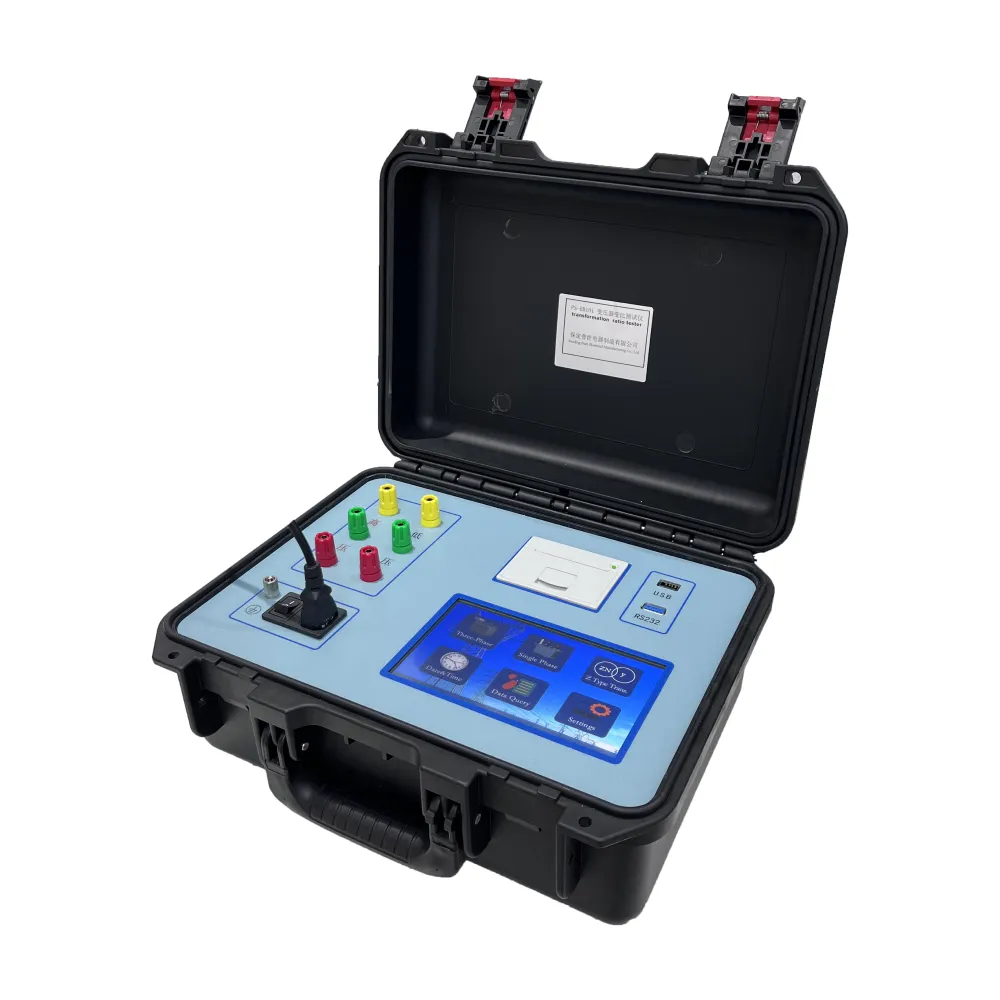 English
English



-
 Afrikaans
Afrikaans -
 Albanian
Albanian -
 Amharic
Amharic -
 Arabic
Arabic -
 Armenian
Armenian -
 Azerbaijani
Azerbaijani -
 Basque
Basque -
 Belarusian
Belarusian -
 Bengali
Bengali -
 Bosnian
Bosnian -
 Bulgarian
Bulgarian -
 Catalan
Catalan -
 Cebuano
Cebuano -
 China
China -
 China (Taiwan)
China (Taiwan) -
 Corsican
Corsican -
 Croatian
Croatian -
 Czech
Czech -
 Danish
Danish -
 Dutch
Dutch -
 English
English -
 Esperanto
Esperanto -
 Estonian
Estonian -
 Finnish
Finnish -
 French
French -
 Frisian
Frisian -
 Galician
Galician -
 Georgian
Georgian -
 German
German -
 Greek
Greek -
 Gujarati
Gujarati -
 Haitian Creole
Haitian Creole -
 hausa
hausa -
 hawaiian
hawaiian -
 Hebrew
Hebrew -
 Hindi
Hindi -
 Miao
Miao -
 Hungarian
Hungarian -
 Icelandic
Icelandic -
 igbo
igbo -
 Indonesian
Indonesian -
 irish
irish -
 Italian
Italian -
 Japanese
Japanese -
 Javanese
Javanese -
 Kannada
Kannada -
 kazakh
kazakh -
 Khmer
Khmer -
 Rwandese
Rwandese -
 Korean
Korean -
 Kurdish
Kurdish -
 Kyrgyz
Kyrgyz -
 Lao
Lao -
 Latin
Latin -
 Latvian
Latvian -
 Lithuanian
Lithuanian -
 Luxembourgish
Luxembourgish -
 Macedonian
Macedonian -
 Malgashi
Malgashi -
 Malay
Malay -
 Malayalam
Malayalam -
 Maltese
Maltese -
 Maori
Maori -
 Marathi
Marathi -
 Mongolian
Mongolian -
 Myanmar
Myanmar -
 Nepali
Nepali -
 Norwegian
Norwegian -
 Norwegian
Norwegian -
 Occitan
Occitan -
 Pashto
Pashto -
 Persian
Persian -
 Polish
Polish -
 Portuguese
Portuguese -
 Punjabi
Punjabi -
 Romanian
Romanian -
 Russian
Russian -
 Samoan
Samoan -
 Scottish Gaelic
Scottish Gaelic -
 Serbian
Serbian -
 Sesotho
Sesotho -
 Shona
Shona -
 Sindhi
Sindhi -
 Sinhala
Sinhala -
 Slovak
Slovak -
 Slovenian
Slovenian -
 Somali
Somali -
 Spanish
Spanish -
 Sundanese
Sundanese -
 Swahili
Swahili -
 Swedish
Swedish -
 Tagalog
Tagalog -
 Tajik
Tajik -
 Tamil
Tamil -
 Tatar
Tatar -
 Telugu
Telugu -
 Thai
Thai -
 Turkish
Turkish -
 Turkmen
Turkmen -
 Ukrainian
Ukrainian -
 Urdu
Urdu -
 Uighur
Uighur -
 Uzbek
Uzbek -
 Vietnamese
Vietnamese -
 Welsh
Welsh -
 Bantu
Bantu -
 Yiddish
Yiddish -
 Yoruba
Yoruba -
 Zulu
Zulu
resistance tester electrical
Understanding Resistance Testers in Electrical Applications
In the realm of electrical engineering and maintenance, the significance of accurately measuring resistance cannot be overstated. Among the various tools utilized for this purpose, resistance testers hold a pivotal role. These instruments are indispensable for diagnosing electrical circuits, ensuring safety, and maintaining the integrity of electrical systems.
What is a Resistance Tester?
A resistance tester, also known as an ohmmeter, is an instrument designed to measure the electrical resistance of a component or a circuit. Resistance is measured in ohms, and understanding this parameter is crucial for assessing the performance and safety of electrical systems. A resistance tester can provide insights into circuit integrity, helping identify faults that could potentially lead to equipment failure or safety hazards.
How Does a Resistance Tester Work?
The basic operation of a resistance tester involves passing a known current through a component and measuring the voltage drop across it. By applying Ohm's Law (V = IR), where V is voltage, I is current, and R is resistance, the tester can compute the resistance value. Modern testers often come with digital displays that provide real-time resistance readings, making it easier for technicians to interpret results.
Resistance testers can operate in several modes, including continuity testing, which checks if an electrical path is complete. This is instrumental in ensuring that all connections in a circuit are sound. Furthermore, advanced models may offer features such as auto-ranging, allowing them to automatically select the appropriate resistance range, enhancing usability and accuracy.
Applications of Resistance Testers
Resistance testers are widely used across various sectors, including industrial, commercial, and residential applications. In industrial settings, these devices are employed to verify the resistance of electric motors, generators, and transformers. Ensuring that these components maintain proper resistance levels is essential for preventing overheating and reducing the risk of electrical fires.
resistance tester electrical

In commercial environments, resistance testers are crucial during electrical maintenance and troubleshooting. They help technicians identify faulty wiring, defective components, or poor connections, facilitating timely repairs and ensuring optimal system performance. Additionally, in residential settings, homeowners may utilize resistance testers to check the integrity of home wiring or evaluate appliances for safe operation.
Importance of Resistance Measurements
Accurately measuring resistance is essential for safety and efficiency in electrical systems. High resistance in a circuit can indicate issues like corroded contacts or loose connections, which may lead to voltage drops and increased energy consumption. Conversely, low resistance might suggest a short circuit, posing serious safety risks.
Regular resistance testing can also extend the lifespan of electrical equipment by allowing for early detection of potential issues. By addressing problems before they escalate, maintenance costs are reduced, and overall system reliability is improved.
Choosing the Right Resistance Tester
When selecting a resistance tester, several factors come into play. Considerations include the tester’s range, accuracy, durability, and additional features such as data logging or Bluetooth connectivity for remote monitoring. For professionals, opting for a model with a higher level of precision and advanced functionalities may be beneficial, while basic testers can suffice for general use.
Conclusion
Resistance testers are vital tools in the field of electrical maintenance and diagnosis. Their ability to measure resistance accurately allows technicians to ensure the safety and efficiency of electrical systems. Regular testing not only prevents potential hazards but also contributes to the longevity of electrical components. Whether in industrial, commercial, or residential settings, resistance testers remain an essential part of the toolkit for anyone involved in electrical work. As technology progresses, these instruments will continue to evolve, offering even greater accuracy and functionality to meet the demands of modern electrical applications.
-
Using Distillation Range Testers in the Food and Beverage IndustryNewsApr.16,2025
-
The Impact of IoT on Distillation Range Tester PerformanceNewsApr.16,2025
-
The Best Distillation Range Testers for Extreme ConditionsNewsApr.16,2025
-
How Distillation Range Testers Save Time and MoneyNewsApr.16,2025
-
Distillation Devices for Advanced Separation TechniquesNewsApr.16,2025
-
Common Mistakes to Avoid When Using a Distillation Range TesterNewsApr.16,2025



